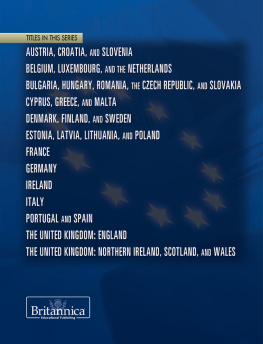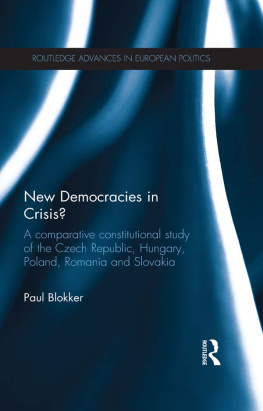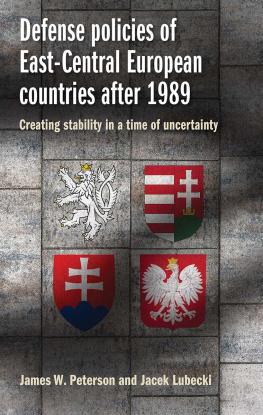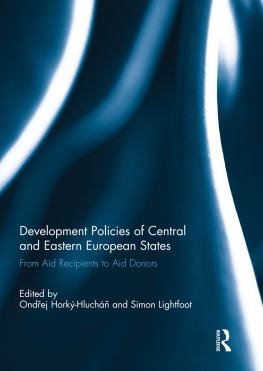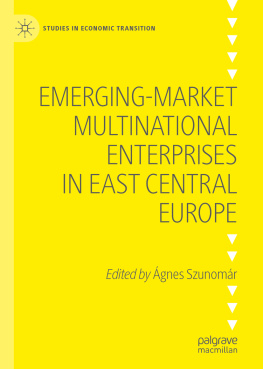Balázs Szent-Iványi - New Europes New Development Aid
Here you can read online Balázs Szent-Iványi - New Europes New Development Aid full text of the book (entire story) in english for free. Download pdf and epub, get meaning, cover and reviews about this ebook. year: 2015, publisher: Routledge, genre: Politics. Description of the work, (preface) as well as reviews are available. Best literature library LitArk.com created for fans of good reading and offers a wide selection of genres:
Romance novel
Science fiction
Adventure
Detective
Science
History
Home and family
Prose
Art
Politics
Computer
Non-fiction
Religion
Business
Children
Humor
Choose a favorite category and find really read worthwhile books. Enjoy immersion in the world of imagination, feel the emotions of the characters or learn something new for yourself, make an fascinating discovery.

- Book:New Europes New Development Aid
- Author:
- Publisher:Routledge
- Genre:
- Year:2015
- Rating:5 / 5
- Favourites:Add to favourites
- Your mark:
New Europes New Development Aid: summary, description and annotation
We offer to read an annotation, description, summary or preface (depends on what the author of the book "New Europes New Development Aid" wrote himself). If you haven't found the necessary information about the book — write in the comments, we will try to find it.
This book examines the international development policies of five East Central European new EU member states, the Czech Republic, Hungary, Poland, Slovakia and Slovenia. These countries turned from being aid recipients to donors after the turn of the millennium in the run-up to EU accession in 2004. The book explains the evolution subsequent to EU accession and current state of foreign aid policies in the region and the reasons why these deviate from many of the internationally agreed best practices in development cooperation. It argues that after the turn of the millennium, a Global Consensus has emerged on how to make foreign aid more effective for development. A comparison between the elements of the Global Consensus and the performance of the five countries reveals that while they have generally implemented little of these recommendations, there are also emerging differences between the countries, with the Czech Republic and Slovenia clearly aspiring to become globally responsible donors. Building on the literatures on foreign policy analysis, international socialization and interest group influence, the book develops a model of foreign aid policy making in order to explain the general reluctance of the five countries in implementing international best practices, and also the differences in their relative performance.
Balázs Szent-Iványi: author's other books
Who wrote New Europes New Development Aid? Find out the surname, the name of the author of the book and a list of all author's works by series.

